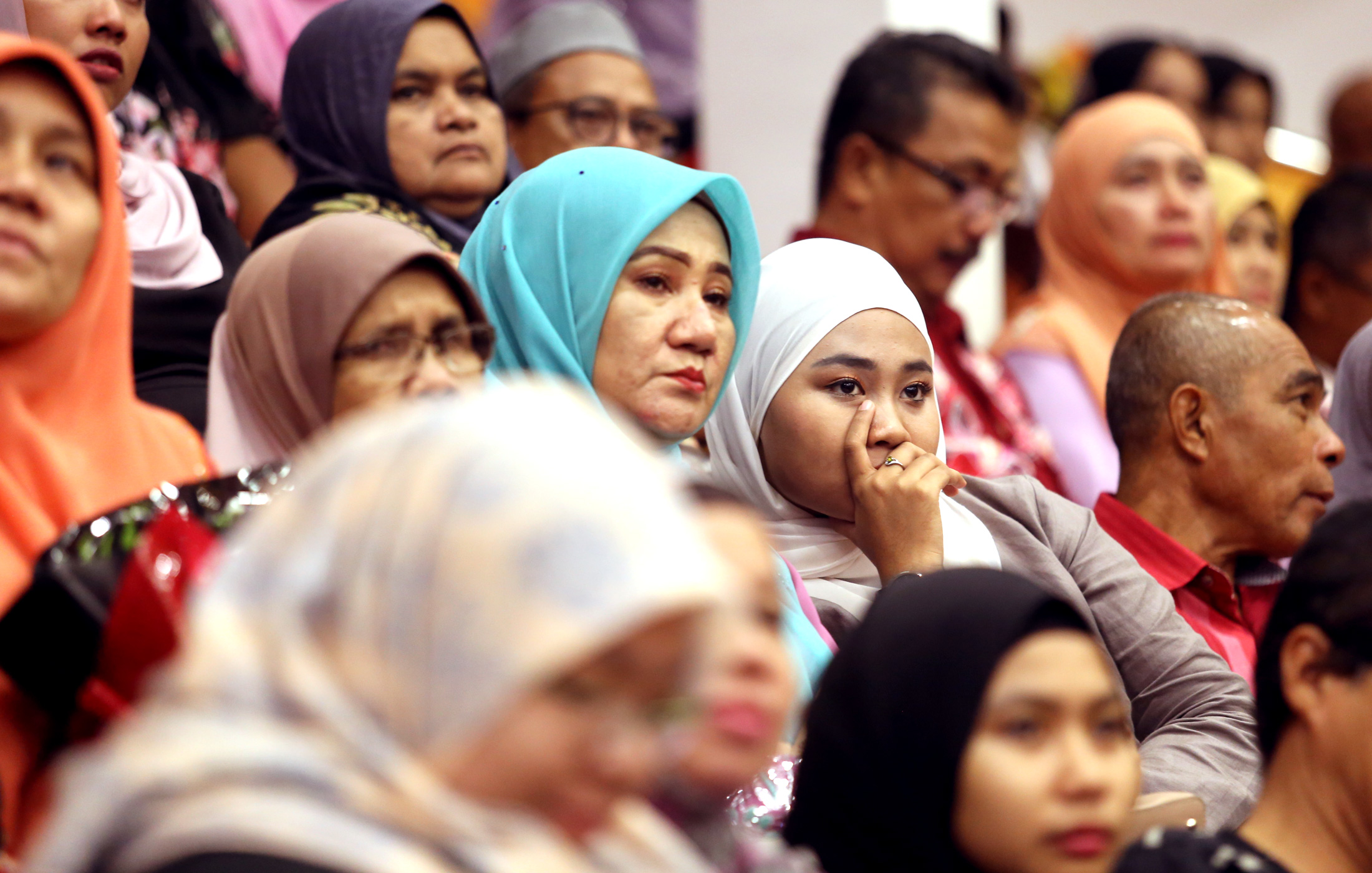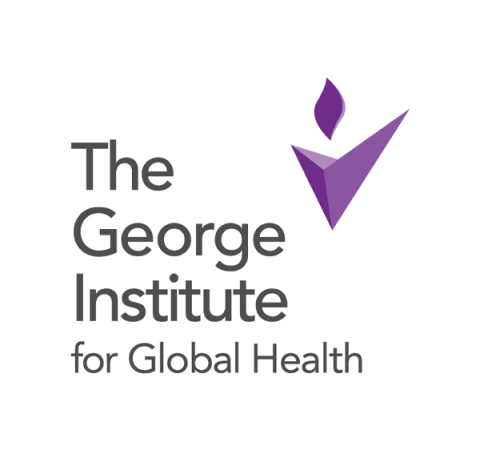Many of us know someone who has been affected by heart disease, diabetes, stroke, or other noncommunicable disease (NCDs). With 77% of the global death burden attributed to NCDs, and many of these deaths occurring prematurely, these diseases are posing a significant health challenge, necessitating urgent action. This said, getting the right people involved is critical, and community members are integral parts of an action plan for success.
Addressing NCDs requires comprehensive strategies that go beyond medical interventions, focusing on prevention, early detection, management, and control, through meaningful engagement of all stakeholders, including community members. Meaningful community engagement and involvement (CEI) in research, policy, and practice, becomes central in identifying community needs, driving research agendas, and co-developing and implementing people-centred and culturally sensitive solutions to tackle NCDs throughout the life course.
There is growing recognition of the vital role communities play in achieving and maintaining better health outcomes. The World Health Organization (WHO) and governments worldwide are increasingly acknowledging the need for meaningfully involving communities, including patients, consumers, people living with NCDs, carers, and the public, to inform research, policy, and practice. As important stakeholders, these different community groups have a right to say what is being researched and how, and provide valuable insights and perspectives that help bridge the intention-action gap. Further, their involvement not only improves the uptake of interventions tailored to individual and community needs but also builds trust in health systems.
Promoting community participation, however, continues to remain challenging, particularly in settings plagued by significant social and economic disadvantages. In these environments, communities often lack awareness of their potential role and access to the spaces and platforms that facilitate community engagement, to inform public health policies and healthcare services essential for achieving Universal Health Coverage (UHC).
Narratives from experiences of community engagement and ownership
Research funders are now challenging traditional approaches by urging applicants to meaningfully engage and involve communities within and throughout the research cycle. The Global Health Research Centre for Non-Communicable Diseases and Environmental Change (GHRC), established in late 2022 by The George Institute in collaboration with Imperial College London and partners in Bangladesh, India, and Indonesia, is challenging the status quo. It embeds a research theme that investigates the role community members can play in addressing the unique burden that environmental change has on population health, and community members are contributing their lived experiences to co-produce multisectoral interventions.
CEI is a core component of its research strategy, planning, implementation, evaluation, and scale-up processes. The development of a strategy has also proved valuable for ensuring that CEI is embedded across the research teams, and outlines tools to support planning, tracking, monitoring, and evaluation of CEI activities. The strategy is built on five key pillars:
- Training and capacity strengthening at the individual, community and organisational level;
- Advocacy and policy engagement;
- Partnerships at the grassroots level;
- Knowledge exchange;
- Monitoring, evaluation, and learning.
The engagement focuses on co-producing knowledge, implementing solutions, sharing findings, and enabling community-led action for improving health outcomes, not only for individuals and communities but also for the planet.
“Communities who are marginalised often struggle with limited access to diverse food items in their diet, a gap that existing government food procurement programmes are inadequate to address. The GHRC aims to increase awareness within these communities about the ongoing environmental changes, the nutrition gaps they face, and the interconnectedness of our food systems,”
says Jyoti Das of Navapara village in Surguja District, Chhattisgarh State, India.
The Time to Lead, and importantly to ACT is Now
Actions speak louder than words. The recent 77th World Health Assembly resolution on social participation for Universal Health Coverage (UHC) and well-being also represented a significant advancement in enhancing community involvement in research, policy, and practice. It provides an opportunity to activate community leadership and put people living with NCDs at the heart of a collaborative response from the global NCD community. Governments worldwide have committed to this cause, with WHO promising to continue developing essential technical guidance, operational tools, training, and support. The resolution also encourages governments to support related research, pilot projects, and their monitoring and evaluation to promote implementation of social participation.
However, the success of these commitments and initiatives requires strong in-country advocacy to ensure social participation processes are well-established, funded, and effective. Civil society advocates must leverage the resolution and its political momentum to demand immediate action and accountability, ensuring all voices, especially those of communities and people living with NCDs are heard. This advocacy is critical for addressing the stagnation and regression in UHC progress.
The upcoming Global NCD Alliance Forum in Kigali, Rwanda, provides a unique opportunity for over 650 delegates to gather, strategise, share insights and experiences, and build their capacities in effectively engaging with communities and influencing policymakers ahead of the UN High-Level Meeting on NCDs in 2025. This event is a rare chance to unify efforts, empower communities to lead, help set agendas for NCD prevention and control, and oversee the implementation of these agendas, including by holding governments to account.


 ES
ES



